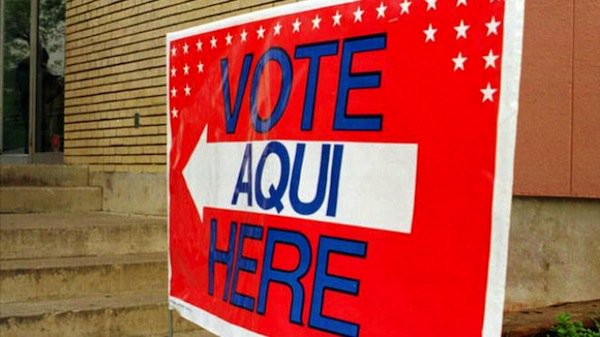The Importance of the Latino Vote in the Upcoming Election

There are currently over 50 million Hispanic persons in the United States according to the U.S. Census Bureau. This means that 1 out of every 6 Americans is Hispanic. The growth in Hispanics alone accounted for more than half of the overall population increase of 27.3 million people in the United States since the year 2000, making it the fastest growing demographic in the country. Furthermore the Hispanic population is projected to grow to over 100 million by 2050.
These figures point to the fact that the issues important to Latino voters will be a major focus this election season. Indeed, recent political rhetoric is already reflecting this. President Obama and likely GOP nominee, Mitt Romney, are pushing for the Latino vote and giving the spotlight to one of the main issues important to them: immigration reform.
According to CBS news,
“Romney said in a private meeting with supporters over the weekend that Republicans need to cater to Latinos more with policies like a GOP-version of the Dream Act.”
Latino voters have traditionally given their support to Democrats. In a hypothetical race, conducted last year by the Pew Research Center, 68% of Latino registered voters voted in support of Obama and only 23% voted in favor of Romney. By contrast, 49% of all registered voters support Obama, while 47% say they support Romney.
A poll conducted by Univision and ABC News in January, found that 27% of Latinos thought that the GOP is hostile to Latino voters. Many Latinos felt that the Republican Party’s handling of immigration has contributed to a rise in Latino pan-ethnic identity, isolating Latinos from other demographics in the country.
The Republican Party does have one vital tactic which might gain Latino votes, spearheaded by Florida Senator, Marco Rubio, the son of exiled Cuban citizens. Rubio is currently putting together the GOP equivalent to the Democrat sponsored Dream Act. He told the Associated Press last week,
"We have to come up with an immigration system that honors both our legacy as a nation of laws and also our legacy as a nation of immigrants."
The GOP version of the bill would not grant illegal immigrants citizenship, but it would allow young immigrants to stay in the country to attend college or join the military.
Rubio’s plan, according to the AP,
“Would allow young illegal immigrants who came to the United States with their parents to apply for non-immigrant visas. They would be permitted to stay in the country to study or work, could obtain a driver's license, but would not be able to vote. They later could apply for residency, but they would not have a special path to citizenship.”
This drive toward a softer edge on GOP immigration reform talk, however, in some ways counteracts the anti-immigration stance Republicans pushed early in the primary process.
And President Obama has not been quiet on the subject either. As the election draws closer, Obama has tried to portray Romney as hostile to Hispanics. Last week, the Obama re-election campaign launched Latinos for Obama described as, “The largest ever national effort to engage Hispanic voters through voter registration, volunteering and voter turnout efforts.”
We are sure to see a heightened battle over Latino votes as the election season moves toward a climax in the months to come. What remains to be seen, however, is whether or not Republican efforts to gain Latino support will offer any results.




